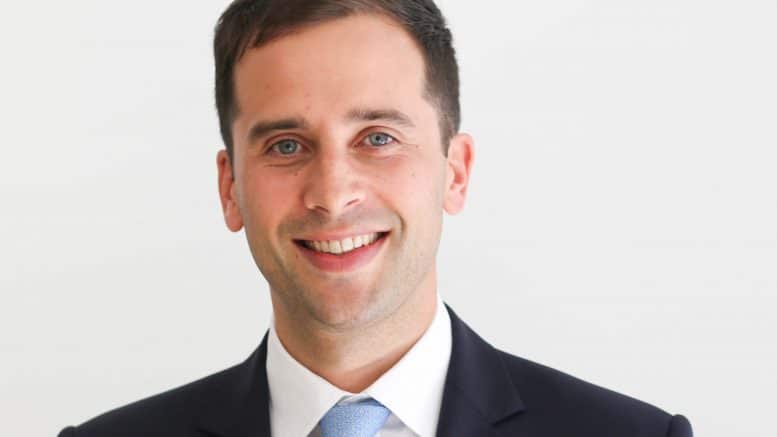For finance directors in growing SMEs, securing funding is a vital but often complicated task, comments Dominic Buch, co-founder and managing partner, Caple
Frequently these directors are the sole financial expert within an SME. As such, they might be expected to examine the funding options and recommend a solution with little additional help.
Faced with an array of alternatives from peer-to-peer lenders to high street banks and specialist debt funds, it can be difficult to know where to begin.
In such circumstances, finance directors might be tempted to seek all funds from just one provider. But such an approach can be inefficient and may not help their company meet its business objectives.
Instead, finance directors should seek help from an accountant or business advisor and look to build a blend of funding that best suits their SME.
What’s the issue?
Many claim that the high street banks are not lending to SMEs. However, the situation is more nuanced.
Certain parts of the business finance market work well.
Smaller SMEs are able to access finance from new lenders such as peer-to-peer platforms. Larger business borrowing amounts in excess of £10 million can be well served by high street banks and specialist debt funds.
The real problem is for mid-sized SMEs which do not have enough assets to use as security. We call these the ‘missing-middle’.
Often these growing SMEs need more sophisticated financing. That means the best funding solution may comprise a blend of providers rather than a one-stop-shop, such as a bank.
To date, SMEs have struggled to find such a blend of providers and finance.
But access to genuinely unsecured lending and advice from accountants is now available. Such lending and advice can solve the problem and enable finance directors to get the blend of funding that meets their business’s needs.
How much funding is required?
Growing SMEs often need between £500,000 and £5 million in to fund growth, stock or changes of ownership (such as an management buy out).
While banks and asset-based lenders can fund an amount that reflects the assets in a business, they can’t help if a business has no further assets.
Even when a business does have additional assets to use as security, it does not always make sense for SMEs to borrow against them from the same provider.
Complementary sources of finance can be better suited to helping fund growth.
In addition, different types of finance are best suited for different purposes. For instance, it would not always make sense to use just one form of finance to cover working capital, replace old equipment and fund growth.
Spreading one form of finance across many different purposes is unproductive. It fails to make the most use of business’s assets and capital and may prevent the SME from meeting its financial goals.
Raising funds against the cash flow that the assets generate, as well as the assets themselves will increase the funding available.
Plotting a course through these issues is complex. Very often a finance director will need an external accountant or advisor to help them navigate the maze.
What’s the solution?
Caple is the first in the UK to offer long-term unsecured lending of between £500,000 and £5 million based on the future cash flows of the business. We do not require security or personal guarantees.
As a result, SMEs can now access genuinely unsecured lending, and, as loans complement existing secured lending, they can raise funding from a range of providers.
For instance, a business might have existing secured lending from their bank in the form of a loan or overdraft. It may also have another form of lending such as receivables or invoice financing to cover working capital requirements.
Further unsecured credit to fund growth sits comfortably alongside all of these options.
By complementing lower-cost secured lending in this way, unsecured loans can reduce the overall cost of funding while enhancing long-term growth potential.
Seeking external help
In order to build a blended financing structure that works, financial directors should seek the advice and expertise of an external accountant or business advisor.
With an understanding of what the SME is trying to achieve, the advisor will be able to assess potential sources of capital, as well as the cost and suitability of that capital for the business.
The accountant or advisor can then help develop the business plans and forecasts that make the case for funding.
Often accountants and advisors make the difference between an SME accessing funds and not. They are an integral part of how Caple support SMEs to access unsecured lending.
Funding growth
Proving the demand for our unsecured credit alongside secured lending, we have recently completed deals worth nearly £30 million.
Finance directors are crucial to the success of a deal. As are the accountants and business advisors that support their clients. Together they have been able to secure the blend of funding that best suits the business.
In doing so, they have helped reduced the costs of financing and enhanced the SME’s growth potential.





